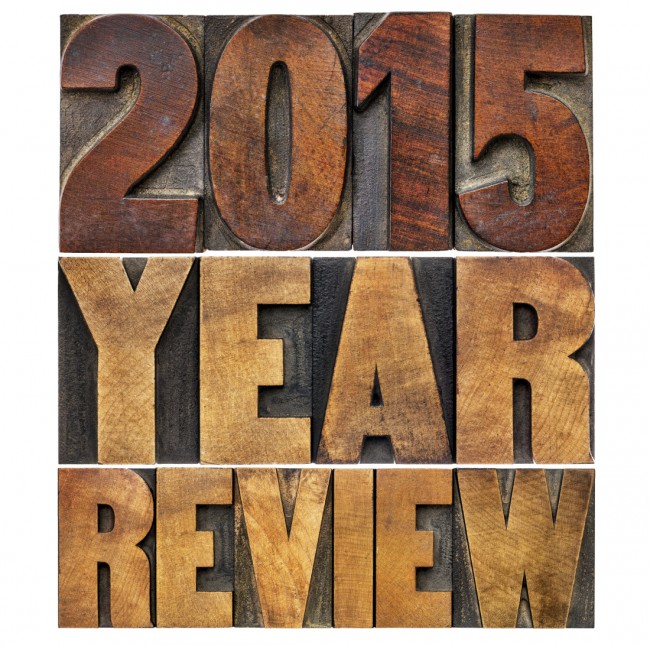Show posts for: Intellectual Property
-
 Read more
Read moreCompanies zealously guard their trade secrets and other information that gives them a competitive edge. And as we’ve covered in prior posts, companies often resort to the courts to protect this kind of information.
Recently, a media company filed a lawsuit seeking to use trade secret protections to recover something very public—a reporter’s Twitter account.
-
 Read more
Read moreSergey Aleynikov, a former computer programmer at Goldman, Sachs & Co., has been on a legal roller coaster for the past few years. In the span of few days, that roller coaster plummeted steeply—twice.
First, on January 20, 2017, the Delaware Supreme Court affirmed a trial court decision that Aleynikov could not recover advancement and indemnification for the legal expenses he is incurring in defending himself against counterclaims brought by two Goldman Sachs entities in New Jersey federal court.
Then, on January 24, a New York appellate court reinstated a jury verdict finding Aleynikov guilty of misappropriating computer code from Goldman.
-
 Read more
Read moreOwners of stolen trade secrets now have another weapon in their arsenal.
Last month, President Obama signed the Defend Trade Secrets Act (the DTSA), which creates a new cause of action in federal court for the misappropriation of trade secrets. The DTSA does not preempt state laws governing misappropriation of trade secrets, so employers and other trade secret owners may now bring actions under the DTSA and applicable state laws. See 18 U.S.C. § 1838.
-
 Read more
Read moreThe turn of the calendar is always a good time to reflect on what has come before and preview what lies ahead. In this post, we count down our most popular posts of 2015 about executive disputes. Later, we’ll look at what to expect in 2016.
-
Read more
In the previous blog post, we discussed the ongoing bankruptcy litigation between Crystal Cathedral Ministries and its founder Dr. Robert Schuller over the rejection of his Transition Agreement. That contract purported to spell out the relationship between the parties as Dr. Schuller stepped aside from his post as senior pastor. The determination of whether that agreement was intended to be an employment agreement, and subject to the strict limitations of section 502(b)(7), or a retirement benefit which is not so limited, is pending before the Supreme Court. However, Dr. Schuller’s case also presented other interesting issues that could be instructive for other employers.
In addition to his claim for damages based on the rejection of the Transition Agreement, Dr. Schuller sought compensation from tCrystal Cathedral (the bankruptcy debtor) in an undetermined amount, for allegedly improper use of his intellectual property. The intellectual property, which consisted of more than 35 years of books, sermons and other writings, had been produced by Dr. Schuller while he was employed by the debtor as its senior pastor. Dr. Schuller, individually and through a wholly owned corporation, asserted a copyright to these materials. Under the Transition Agreement between the debtor and Dr. Schuller, the intellectual property was made available to the debtor for use pursuant to a royalty free license.
As the regulatory and business environments in which our clients operate grow increasingly complex, we identify and offer perspectives on significant legal developments affecting businesses, organizations, and individuals. Each post aims to address timely issues and trends by evaluating impactful decisions, sharing observations of key enforcement changes, or distilling best practices drawn from experience. InsightZS also features personal interest pieces about the impact of our legal work in our communities and about associate life at Zuckerman Spaeder.
Information provided on InsightZS should not be considered legal advice and expressed views are those of the authors alone. Readers should seek specific legal guidance before acting in any particular circumstance.
Contributing Editors

John J. Connolly
Partner
Email | +1 410.949.1149

Andrew N. Goldfarb
Partner
Email | +1 202.778.1822

Sara Alpert Lawson
Partner
Email | +1 410.949.1181

Nicholas M. DiCarlo
Associate
Email | +1 202.778.1835




